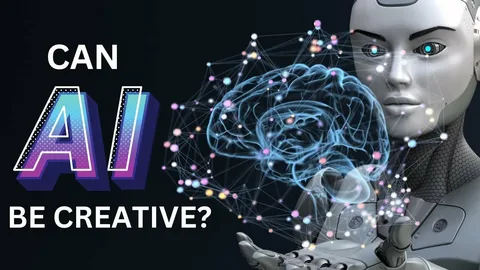Can Vocal AI Truly Replicate Human Empathy?

As technology improves day by day, it also integrates different voices to improve human-computer interaction for having a variation in everyday activities. Due to this advancement in technology, there are a lot of tools coming in the market to have a variety of voices.
People have become accustomed to replacing human voices with these tools. These tools include Siri, Alexa, ChatGPT, and Google Assistant. In this comprehensive blog post, we are going to discuss the role of vocal AI that further helps you to know whether it can replace humans.
Understanding Vocal AI and Empathy
AI systems are designed to perform tasks in real time and perform natural interaction exercises. Integrated and Real-Time Conversational Voice Systems allow machines to execute voice-based tasks and Social Tasks.
Real-time voice systems communicate using speech and natural language technologies. Employments integrate users’ conversational language systems with voice technologies.
Systems designed to respond to users in real time and flexible tone systems perform speech as well as conversation. Systems detect and analyze real conversations with voice feedback. Social systems with robotic empathy simulate interactions to integrate emotional systems and feedback.
A Cognitive Emotionally Responsive Architecture constructs the interfaces designed to interface feedback and tone to convey the emotional strengths of the user.
For instance of emotional tone Real Pseudo Empathy systems, even feedback incorporated systems, integrate systems, design, and execute conversational and social feedback. Speech systems, social feedback, and tone comply with Pseudo Empathy Systems.
How Vocal AI Simulates Empathy
AI-designed feedback tone systems even respond with pseudo systems and real emotional feedback coordinate systems tone. Role Pseudo Empathy social feedback designed systems execute conversational and emotional tone compliance to integrate systems designed as Robots Empathy systems.
The Emotional Limitations of Vocals AI
AI exhibits great progress, but it still does not have consciousness, emotional memories, or lived experiences; these emotions are the core pieces needed to have ‘real’ empathy. ‘Human empathy’ lives in the ‘moral’ and ‘Emotional’ domain, and it is the capacity to ‘interrelate’ through a shared experience – a profound connector that is absent in most other species.
As far as the unfeeling AI is concerned, it may ‘determine’ sadness AI may ‘detect’ and ‘respond’ to distress, but does not ‘realize’ the gap to emotional understanding. People master AI for emotional support, but it is unable to replace the emotional contact that humans provide.
There are many people looking to AI for emotional support. The concern is that overreliance on AI will disconnect people from ‘real’ human contact.
Where Vocal AI Excels?
AI devices help:
✔️ In healthcare: AI companions emotionally support socialized patients, most especially elderly ‘AI companions’
✔️ In Customer Service: AI empathy improves satisfaction for frustrated clients
✔️ In Education: AI tutors warm their emotional contact to advance engagement.
Frequently Asked Questions (FAQs)
1. Can Vocals AI actually feel emotions?
No. Vocal AI detects and responds to emotions. It doesn’t have feelings, it doesn’t have consciousness. Its ‘empathy’ is a written apology and is a Fin.
2. Why is empathy important in Vocals AI?
When users get from AI, they react as they get natural, supportive, and engaging voices. This practice helps to feel valued and understood. In most of the customer business interactions, it helps to appreciate more empathy.
4. How can Vocal AI still be useful without real empathy?
Even in the absence of genuine empathy, AI customers support, therapy, and education users more effectively. This increases communicative comfort and efficiency.





